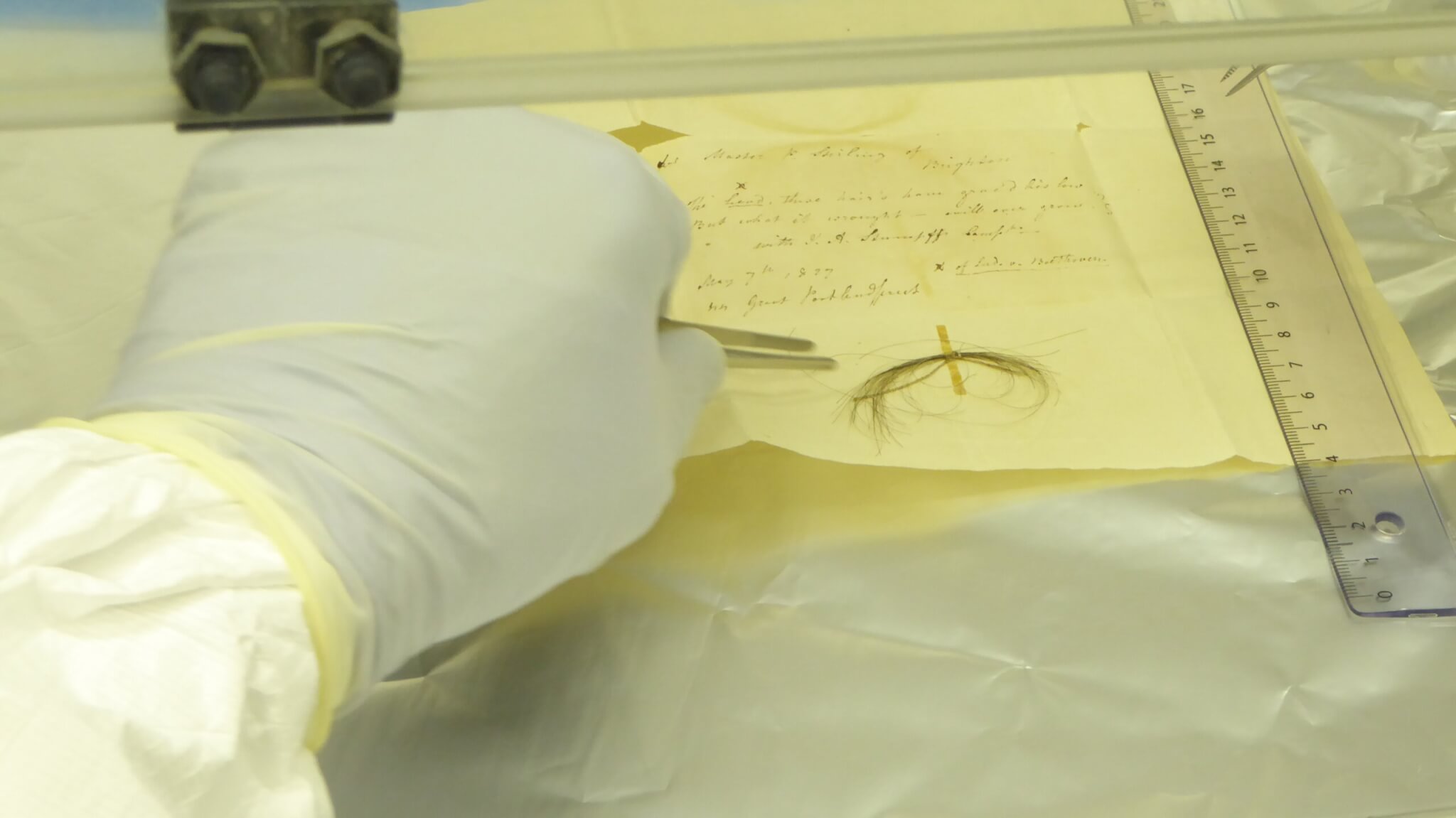NASHVILLE, Tenn. — Ludwig van Beethoven may have overcome more than anyone ever thought. New genetic research is providing a refreshing reminder that we’re so much more than our genes. While genetic factors absolutely play a pivotal role in shaping individual talents, skills, and abilities, this latest project reveals that one of the most celebrated musical composers of all time apparently had a low genetic predisposition for beat synchronization!
Scientists from Vanderbilt University Medical Center (VUMC) and the Max Planck Institutes for Empirical Aesthetics find that Beethoven, considered a titan of Western music, wasn’t all that inclined to excel as a musician or composer judging from his genes. Considering the legendary composer also wrote some of his best works while deaf, it appears Beethoven is a shining example of grit and hard work paying off no matter what physical or genetic obstacles may stand in one’s way.
🎵What To Know About Ludwig van Beethoven?
- Beethoven was a German composer and pianist, born in 1770 in Bonn, Germany, and is considered one of the greatest composers in Western music history. His works include 9 symphonies, 5 piano concertos, 32 piano sonatas, and 16 string quartets.
- He began losing his hearing in his late 20s, eventually becoming almost completely deaf. Despite his hearing loss, he continued to compose some of his most important works, including the Ninth Symphony and the late string quartets.
- Beethoven’s music is notable for its emotional depth, technical innovation, and influence on the transition from the Classical to the Romantic era in music. His compositions expanded the scope of symphonic and chamber music, setting new standards for future generations of composers.
Just how much of humanity’s exceptional achievements show a link to genetic factors? That question dates back to the early days of human genetics. Today, however, it’s never been easier to address this conundrum; modern molecular methods have recently made it possible to analyze the DNA of individuals throughout history.
So, an international team of researchers analyzed Beethoven’s DNA in an effort to determine his genetic musical predisposition, an ability closely related to musicality. This was possible thanks to sequences from a 2023 study that extracted genetic material from strands of the composer’s hair.
“For Beethoven, we used his recently sequenced DNA to calculate a polygenic score as an indicator for his genetic predisposition for beat synchronization,” says Tara Henechowicz, B.Mus.Hons, M.A., a current PhD Candidate at the University of Toronto, recent visiting graduate student with the Vanderbilt Human Genetics Program, and the paper’s second author, in a media release.
“Interestingly, Beethoven, one of the most celebrated musicians in history, had an unremarkable polygenic score for general musicality compared to population samples from the Karolinska Institute in Sweden and Vanderbilt’s BioVU Repository.”

Study authors stress that it would be incorrect at this point to conclude, based on Beethoven’s low polygenic score, that his musical abilities were unexceptional.
“Our aim was to use this as an example of the challenges of making genetic predictions for an individual who lived over 200 years ago,” Henechowicz says. “The mismatch between the DNA-based prediction and Beethoven’s musical genius provides a valuable teaching moment, because it demonstrates that DNA tests cannot give us a definitive answer about whether a given child will end up being musically gifted.”
Henechowicz adds the study does not discount the idea DNA contributes to people’s musical skills, pointing to prior studies that have found an average heritability – which refers to the proportion of individual differences attributable by all genetic factors, of 42 percent for musicality.
“In the current era of ‘big data’ such as Vanderbilt’s BioVU repository, we have had the opportunity to look in fine detail at large groups of people to uncover the genetic underpinnings of traits such as rhythm ability or being musically active. The current study and other recent work also suggest that environment plays a key role in musical ability and engagement as well,” adds co-author Reyna Gordon, PhD, associate professor of Otolaryngology at VUMC and graduate co-advisor to Henechowicz.
“Polygenic scores are intended to work well for comparisons of large groups of people to tell us how genetic risk for one trait relates to the genetics involved in other traits,” Henechowicz concludes.
The study is published in the journal Current Biology.
